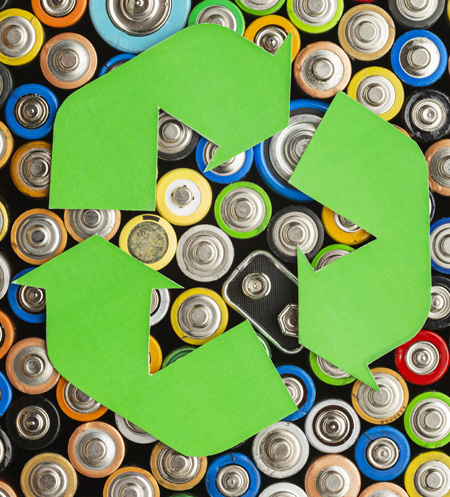Understanding Hazardous Waste and Its Risks
Hazardous waste consists of materials that pose a significant risk to human health and the environment. These can include industrial chemicals, medical waste, batteries, pesticides, and electronic waste. If not managed properly, hazardous materials can lead to soil contamination, air pollution, and water toxicity.







